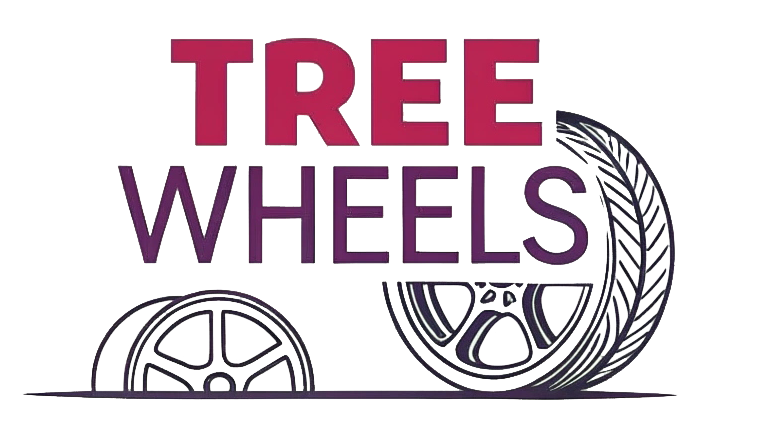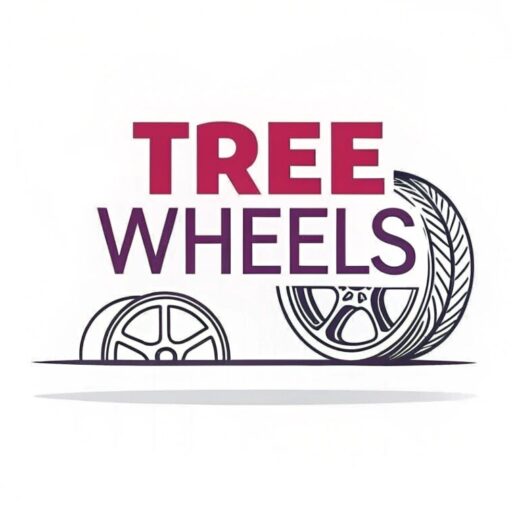When it comes to upgrading your car, one of the first things many car enthusiasts think about is swapping out the stock wheels for something custom. But, are aftermarket wheels really all they’re cracked up to be? Let’s dive into the potential drawbacks and what you should consider before making the change.
Aftermarket wheels can enhance your car’s performance and appearance, but they may have downsides. These include cost, fitment issues, and impact on resale value.

Upgrading your wheels can seem like an easy decision. After all, who doesn't want their car to stand out with unique, high-quality rims? However, there are factors to keep in mind. One potential drawback is the price. Aftermarket wheels, especially high-quality forged ones, can be much more expensive than stock options. If you're looking for a more budget-friendly choice, cast wheels might be more suitable. Another thing to consider is the weight of the wheels. Forged wheels are often lighter, improving performance, but the difference might not be noticeable in everyday driving.
Is it worth getting aftermarket wheels?
Upgrading to aftermarket wheels can be an exciting way to personalize your car. But is it worth the investment? Aftermarket wheels offer more customization options, performance improvements, and aesthetic appeal, but they can also come with potential drawbacks, like added cost or complications with fitment.
The worth of aftermarket wheels depends on your priorities. If performance, aesthetics, or individuality matter to you, then they can be a great investment.

When it comes down to it, the value of aftermarket wheels depends on what you're hoping to achieve. If you're after performance gains, especially when upgrading to lightweight forged wheels, then the benefits are clear. Lighter wheels can improve acceleration, handling, and braking, making them ideal for performance enthusiasts. On the other hand, if you're more concerned with saving money or simply replacing a damaged wheel, OEM (Original Equipment Manufacturer) wheels might be a better option. Ultimately, if customization and improving your car's overall look are important to you, aftermarket wheels are definitely worth considering.
Do aftermarket wheels decrease value?
There’s a common worry that installing aftermarket parts can decrease the resale value of your car. Aftermarket wheels are no exception, but whether they lower the value really depends on how well they're chosen and installed.
Properly chosen aftermarket wheels generally won’t decrease the value of your car. In fact, high-quality wheels can actually increase its appeal to specific buyers.

When you switch to aftermarket wheels, it’s important to remember that not all buyers will appreciate the customization. Some people may prefer the original look of the car, while others may value the performance upgrades or unique style that aftermarket wheels provide. The key to maintaining value is choosing wheels that match the car’s overall aesthetic and ensuring they’re installed professionally. If you choose wheels that are well-suited to your car and are in excellent condition, they might even boost your car’s resale value among buyers who care about performance or styling upgrades.
What's the difference between OEM and aftermarket wheels?
One of the biggest decisions when upgrading your car is choosing between OEM (Original Equipment Manufacturer) and aftermarket wheels. Understanding the differences can help you make an informed choice.
OEM wheels are factory-standard, while aftermarket wheels offer more customization, performance, and style options. The choice comes down to what you value more.

OEM wheels are designed to fit your car exactly as intended by the manufacturer. They often come with a reliable warranty and are a safer, more predictable choice. However, they offer little room for customization and might not be as stylish or performance-oriented as aftermarket options. Aftermarket wheels, on the other hand, come in many different shapes, sizes, and finishes, allowing you to express your personal style and improve performance. They can be lighter and stronger than OEM wheels, especially if you go for a high-end forged wheel. The trade-off is that they might be more expensive and could sometimes have issues with fitment or compatibility.
Do aftermarket wheels and tires void the warranty?
A common concern when installing aftermarket parts is whether they’ll void your car’s warranty. The answer depends on your car’s warranty terms and the modifications you make.
Generally, aftermarket wheels and tires won't void your car’s warranty unless they cause damage. However, you should always check the fine print in your warranty agreement.

In most cases, upgrading to aftermarket wheels and tires won't void your car’s warranty. However, if the aftermarket modifications cause issues that are related to the parts covered by the warranty, such as suspension or brake problems, the manufacturer may not honor the warranty for those specific issues. It’s always a good idea to consult with your dealership or review your warranty details before making any modifications. That way, you can ensure you're making a smart choice without risking your warranty coverage.
Conclusion
Aftermarket wheels can transform your car, but they come with both pros and cons. The key is to understand what you want to achieve—whether it's improved performance, unique styling, or better durability. When choosing the right wheels, consider what fits your needs best. At TreeWheels, we specialize in high-quality, customized forged wheels tailored to your exact specifications, offering a perfect blend of performance and style for your vehicle.



